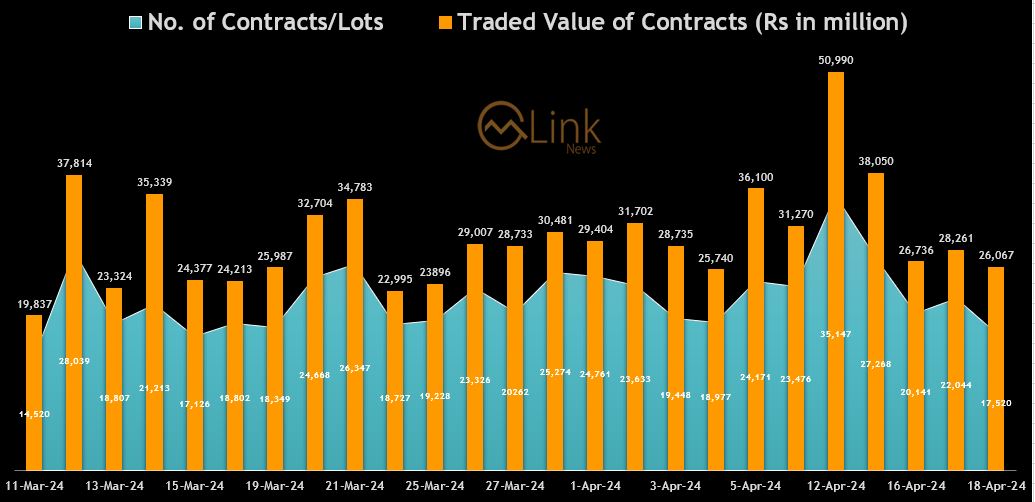If you’re experiencing financial trouble due to coronavirus, tapping into your 401(k) is about to get less expensive. The $2 trillion stimulus bill would waive the penalties for early withdrawals and give people more flexibility if they want to...
If you’re experiencing financial trouble due to coronavirus, tapping into your 401(k) is about to get less expensive.
The $2 trillion stimulus bill would waive the penalties for early withdrawals and give people more flexibility if they want to borrow money from their retirement plans.
The rules will apply if:
You, your spouse or a dependent was diagnosed with COVID-19. You were laid off, furloughed or had your work hours reduced as a result of the virus. You were unable to work because you didn’t have child care due to the virus. You owned a business that had to close or reduce its hours as the result of the virus.4 Coronavirus Retirement Savings Rules to Know
Here’s how the rules for withdrawing money early from your retirement account or borrowing from your plan will change under the bill signed Friday by President Trump.
1. You’ll Be Able to Withdraw up to $100K Without the 10% Penalty
If you’ve been impacted by coronavirus, you’ll be able to withdraw up to $100,000 from your 401(k), IRA or another retirement plan without paying the usual 10% penalty for an early withdrawal.
Here’s all of our coverage of the coronavirus outbreak, which we will be updating every day.
The 10% penalty normally applies to distributions you take before age 59 ˝, although people age 55 and older can usually take distributions from their 401(k) or 403(b) if they’ve left their job.
2. You’d Have 3 Years to Pay Income Taxes on Your Withdrawal
The bill would allow you to spread the income taxes on coronavirus-related retirement withdrawals over three years. If you redeposited that money within three years, you wouldn’t owe income taxes at all.
Usually, you owe ordinary income taxes on withdrawals from a retirement account in the year you take the money out. (Roth IRAs and Roth 401(k)s are the exceptions, because you fund them with money you’ve already paid income taxes on.)
3. You Could Borrow $100K From Your 401(k) Plan
The bill doubles the $50,000 limit on loans from 401(k)s and other employer-sponsored plans to $100,000 for those related to coronavirus.
You’d also have an additional year to pay back loans from your retirement plan. Normally, plan loans must be repaid when you file your tax return for the year you separated from your employer.
4. No RMDs for 2020
Another big piece of news for your retirement account in the bill: For those who have started taking required minimum distributions (RMDs) — which are withdrawals from 401(k)s, traditional IRAs and other types of retirement accounts that you have to make once you’re 72 — will be suspended in 2020.
That means if you’re retirement age and your portfolio nose-dived in recent weeks, your money will get more time to stay in the market and recover before you have to take it out.
Should You Take Money From Your Retirement to Get Through Coronavirus?
Probably not — unless it’s a last resort.
Sure, the relief bill eliminates the 10% penalty and gives you greater flexibility if you take out a loan.
But the biggest downside is that to take money out now, you’d have to sell your investments after they’ve most likely lost significant value. So try to avoid touching that money now, so that you have time to rebound.
These are scary times, but relief is coming. If you’ve lost your job or a significant amount of income, you’ll benefit from a major expansion to unemployment insurance. The bill also includes loan options for small-business owners, including independent contractors and self-employed people. Plus, the coronavirus relief stimulus checks will provide an extra $1,200 to most adults in America.
You may also be able to negotiate with your creditors in the interim as you wait for assistance to arrive. Here’s a list of major banks’ policies for customers affected by coronavirus.
All that said, a 401(k) loan or early withdrawal is less costly than usual under the coronavirus bill. If the alternative you’re considering is a loan with mega-high interest rates, like a payday loan or cash advance, a 401(k) loan is probably going to be a better option under any circumstance.
Robin Hartill is a senior editor at The Penny Hoarder and the voice behind the Dear Penny personal finance advice column.
This was originally published on The Penny Hoarder, which helps millions of readers worldwide earn and save money by sharing unique job opportunities, personal stories, freebies and more. The Inc. 5000 ranked The Penny Hoarder as the fastest-growing private media company in the U.S. in 2017.














